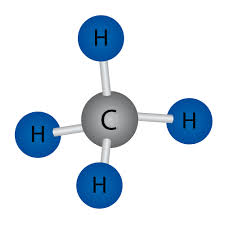
Methane Tracker 2025 report
London, May 22, 2025 , (Oilandgaspress) –––The IEA’s recently released Global Methane Tracker 2025 report and the interactive Methane Tracker data explorer, provide the latest available estimates on global methane emissions. This year, the report adds several new features, including country-level historical emissions data, an interactive tool to explore international methane initiatives and estimates of emissions from abandoned fossil fuel facilities. Using satellite data, the report found that the energy-related methane emissions are about 80% higher than the total reported to the United Nations Framework Convention on Climate Change (UNFCCC). Current methane reduction pledges by countries and companies cover 80% of global oil and gas production, and the report indicates that around 70% of methane emissions from the fossil fuel sector could be reduced by upgrading existing technologies at minimal net cost. The other major source of methane emissions is the incomplete combustion of traditional biomass used in cooking and heating in developing economies. Achieving access to clean cooking for all could thus reduce emissions and improve the health and wellbeing of millions of people, especially in developing countries.
Information Source: Read More
Oil and gas press, Energy , Climate, Gas,Renewable, Oil and Gas, Wind, Biomass, Sustainability, Oil Price, LPG,

